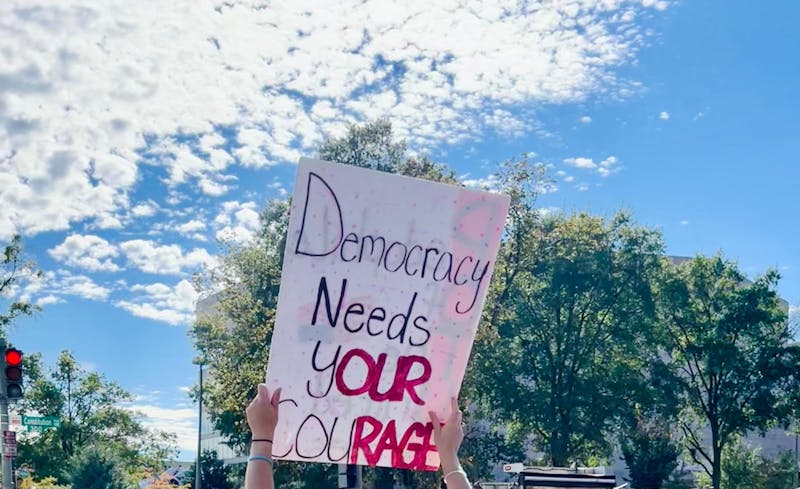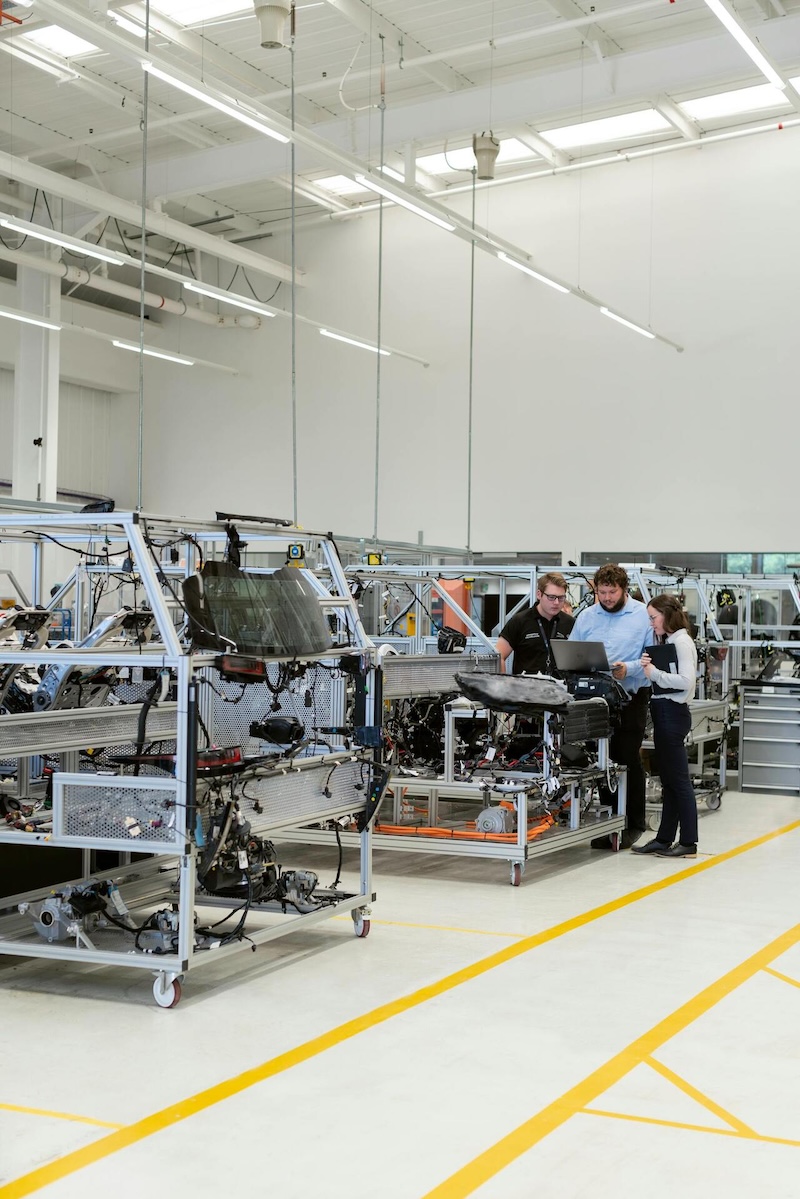In a recent commentary, Deviana Dewi, a PhD candidate at Johns Hopkins University, expressed her concerns regarding the erosion of freedoms, values, and equal opportunities in the United States. Dewi’s reflections stem from her experiences as an international student, highlighting the historical significance of American universities as engines of innovation and knowledge. She underscores the critical role of federal support for research, a practice rooted in the post-World War II era, which has fostered a culture of meritocracy and inclusiveness.
Dewi remarks that the foundation of this cultural identity can be traced back to significant figures and documents, such as Franklin D. Roosevelt’s commission of Vannevar Bush in 1945 to advocate for federal research funding. This initiative not only aimed to enhance national security but also to promote economic growth and public welfare. An influx of global talent, particularly from those escaping persecution during World War II, contributed immensely to the scientific advances that characterize the U.S. today.
Challenges to Freedom and Values
As Dewi navigates her academic journey, she observes a troubling trend where freedoms and values are increasingly under threat. Drawing on the words of Pope John Paul II, she emphasizes that true freedom involves the responsibility to do what is right. This requires a clear understanding of law and morality, as articulated by historical figures like Cicero, who asserted that the safety of the people is the highest law. Dewi argues that the law is essential for distinguishing right from wrong, thus preserving the collective freedom necessary for the common good.
The issue of values is equally pressing in Dewi’s view. She expresses concern about political leaders who position themselves above the law, undermining the foundational principles of democracy. Dewi highlights her experiences in discussions with American friends, where political affiliations often overshadow objective debate. This partisanship, she points out, detracts from meaningful dialogue and the pursuit of truth.
Dewi cites a recent proclamation from the White House proposing a $100,000 fee for skilled foreign worker visas, known as H-1B visas, which she finds alarming. This fee, intended to encourage employers to prioritize American workers, contradicts the nation’s historical commitment to meritocracy and inclusiveness in the job market. Additionally, she references the proposed American Tech Workforce Act by Congressman Jim Banks, which seeks to eliminate the Optional Practical Training (OPT) program that allows international students to gain work experience in the U.S. after graduation.
Impact on American Identity and Global Competitiveness
Dewi argues that such measures could significantly undermine the United States’ standing as a leader in attracting global talent. The H-1B visa program, established in 1990, has been instrumental in bringing skilled individuals to the U.S., contributing to economic growth and innovation. Iconic figures such as Elon Musk have benefited from this system, creating companies that have further strengthened the economy.
She warns that if these proposals are enacted, the U.S. risks losing its reputation as “the land of the free” and “the home of the brave.” By limiting opportunities for skilled foreign workers, the country would not only contradict its stated values but also diminish its competitive edge in a global economy where countries like the United Kingdom, Canada, and South Korea are actively welcoming foreign talent.
Dewi calls on fellow international students and citizens to engage with their elected officials, stressing the importance of voicing concerns about policies that threaten equal opportunity. She recounts her experience with a roommate who worked on Capitol Hill, noting how citizen feedback can influence representatives’ actions.
In closing, Dewi reflects on her identity as a first-generation college student and an Indonesian national, emphasizing that hope is vital in the pursuit of justice and truth. As the Jubilee Year of 2025 unfolds, she urges individuals to act on the knowledge of what is right, reinforcing that hope is not merely a passive sentiment but a catalyst for change. Her insights serve as a poignant reminder of the responsibilities that come with freedom and the imperative to uphold the values that define the American identity.







